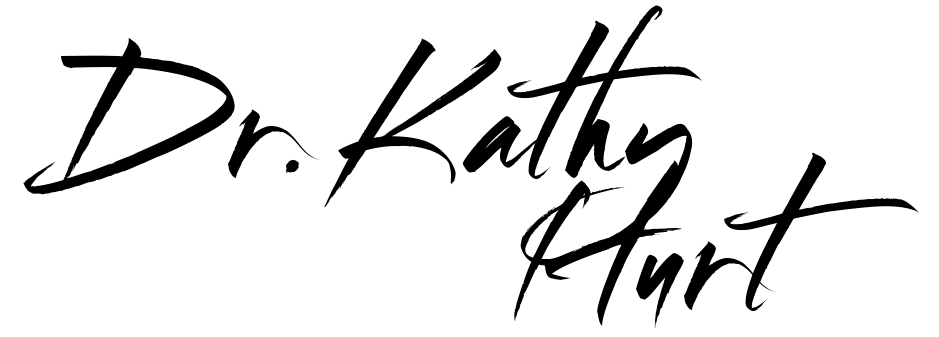In my own work on recognizing unconscious racism, I see patterns of racist behavior that are strikingly similar to patterns of addictive behavior. Which has me wondering whether racism might be a form of addiction, a particularly destructive and insidious form of addiction because it has been built into all parts of the surrounding culture and is reinforced by policies and laws that support it.
Author Gerald May, in his book Addiction and Grace, presents addiction as an abiding effort to achieve and maintain control. I want my life to be exactly as I want it; I want my relationships to be exactly as I want them; I want my own desires to be fulfilled in exactly the ways I like. All that wanting drives me to spend constant energy on controlling the people and events around me and the thoughts and feelings within me. Control sets me up as the center of the universe and shapes what happens in accordance with my particular ego desires.
As I look deeper at structures of white supremacy, I note in those structures the central concern with control, with getting control and then keeping control. Whenever I have sufficient awareness to see my own contributions to those structures, I realize an intense resistance in me to making the different choice to work against those structures, to let them go. And that resistance is rooted in my desire to be in control, so that I do not want to give up the control I would lose if whiteness and all that supports it became less central.
Often persons who struggle with addiction describe a moment of “hitting bottom,” a turning point when they become ready to try and heal. This experience is captured in the first of the Twelve Steps, an acknowledgment that one’s life has “become unmanageable.” For me, perhaps for many in our society, an experience of hitting bottom, of finally realizing just how completely unmanageable racist culture could be, came with the murder of George Floyd. No longer was it possible to wave away the utter cruelty and depravity institutionalized in structures of white supremacy as we watched exactly what those structures allow, encourage, justify.
Addiction is never simply set aside; mere willpower cannot contain it. Rather, healing from addiction involves daily, even hourly, work, a lifelong commitment to a journey of accountability, making amends, keeping a spiritual practice, being part of a community. Our work to dismantle racist structures and learning to live beyond unconscious racism will demand similar efforts from us all—a daunting prospect. Yet having hit the bottom, perhaps we will finally be resolved to do that work, no matter what.
